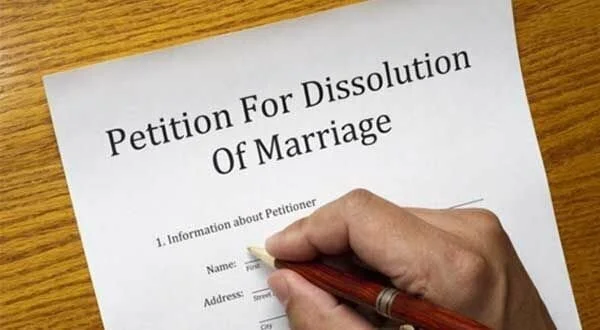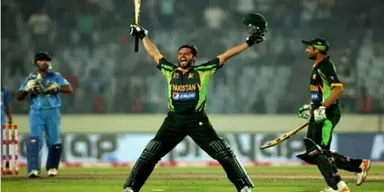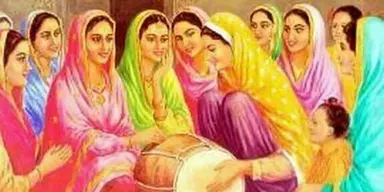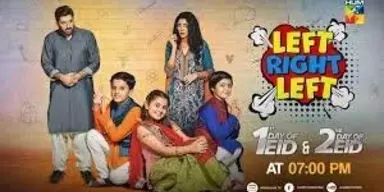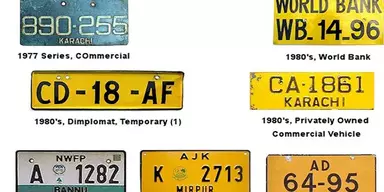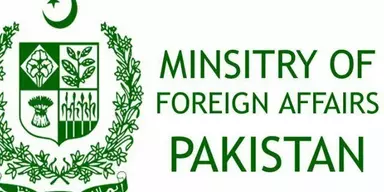According to Islamic Sharia, marriage between a man and woman is a civil contract that came into existence through a proper system that called Nikkah. As it is the civil contract, it can be dissolved like any other contract and the divorce or Talaq and Khulla are the way for that. In Islamic Shariah, there is a proper system for this contract to be dissolved and there are various legal rights that are involved in this.
The man has the power of the word Talaq and he can divorce his wife by way pronouncement of Talaq which literally translate into divorce. According to Islamic Law, woman has also the right of divorce if it is mentioned in the Nikkahnama (however, it is not mentioned in the Nikkahnama in most of the cases) otherwise, she has another way in shape of Khula and for this the case will first move to the Family Courts to get a judicial divorce.
Here are three way and all have three different procedures. Here we are discussing all.
Divorce or Talaq by Husband
This is being written here as per Muslim Personal Law of Muslim Family Law Ordinance, 1961.
The husband is first required to pronounce Talaq orally as well as by way of Deed of Divorce
Husband must send the written notice by registered post of courier service to the concerned Union Council or local government office that deals in issuance of divorce certificates
In the notice send by the husband to concerned authorities, the husband must mention the address of his ex-wife, so, that the council or government office issues the notice of divorce at the address of ex-wife by registered post.
The divorce can be challenged by the ex-wife on the Arbitration Council within 30 days of the receipt of notice for settlement and reconciliation purpose in order to protect the women from the consequences of sudden divorce.
Documentary proof is necessary for the woman to clear her marital status for the purpose of marrying again.
It merits to mention here that the divorce is not effective until the expiry of Iddat Period. Moreover, there is no recognition of Talaq by law until the husband has served the proper notice to the government office.
What Islamic Law Says Here? According to Islamic Scholars, the divorce one pronounced by the husband and Khula once taken from the court of law by the woman is effective and binding on the both.
Mutual Divorce by the Husband and Wife
In case of mutual divorce there are not so much legal issues. The husband and wife are required to sign the Mutual Divorce Deed and send notice to the concerned government office or union council.
Demand of Divorce of Khula by Wife
Islam also permit the wife to dissolved marriage if the right of divorce has been unconditionally mentioned in the Nikkahnama that is not mentioned in today in most of the marriage cases. However, the woman has right to divorce in shape of Khula and for this she is required to apply for the same to the Family Court.
The wife is first required to file a suit for Khula in the Family Court subject to the grounds that she can no long live with her husband “within the limits prescribed by Allah” and this statement is required to be made in the case and oath is also required.
The Cases in Which Wife May Seek Khula
- Desertion by husband for 04 years
- Failure on part of husband to provide expenses for two years
- Husband contracting a polygamous marriage in contravention of established legal procedures
- Imprisonment of husband for almost 07 years
- Husband failed in performing marital obligations for 03 years
- Continued impotence from the side of husband since the date of marriage
- Husband’s insanity for 02 years or serious illness
- Husband’s cruelty either physical or unequal treatment in case of having two wives
- Husband force to adopt the immoral life
- Disposal from the own property by the husband
- Husband obstructs the wife from practicing religion
In all above mentioned methods, the Family Court will issue the Talaq or Khuda notice as the case may be. In shape of Talaq, woman will get all rights according to Nikkahnama. In case of Khula, the woman is required to return all benefits and gifts to the husband.

